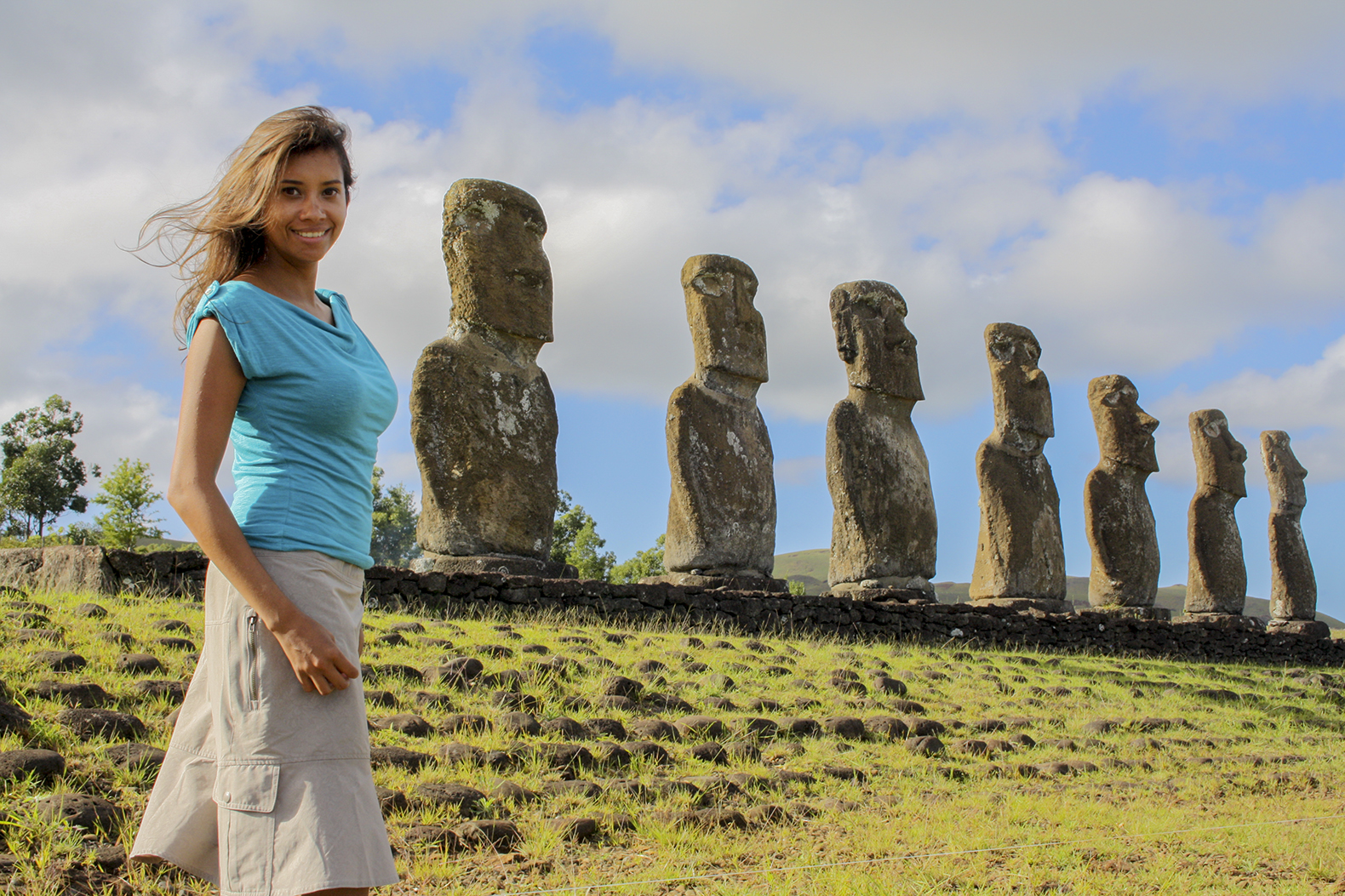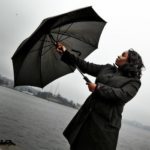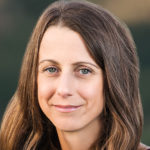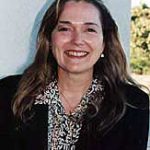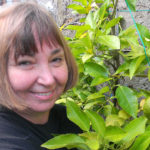Kia Abdullah is an author and travel writer based in London. She has published two novels and contributed to the New York Times, The Guardian, and the BBC. She is an ambassador for Lonely Planet and the founding editor of the outdoor travel blog Atlas & Boots. Previously, Kia worked for two years at Penguin Random House, where she helped increase readership at travel site roughguides.com to over a million users per month.
How did you get started traveling?
When I was 13, I spent a month in my parents’ homeland of Bangladesh. In the first week, I watched a cow being slaughtered and I turned vegetarian the next day. Soon after, I saw one of the village boys rifle through our rubbish bin and pick out a crust of bread. That changed my perspective forever. I’m one of eight children and was raised in England’s worst borough for child poverty, but on that day in Bangladesh, I saw my incredible privilege for what it was. That one travel experience changed me so much, I wondered what else would change if I continued to travel. As soon as I had the money and independence to do so, I did.
How did you get started writing?
When I was 11, a teacher of mine gave me a notebook and pen for Christmas and told me to record interesting conversations I heard in public so that I could use them in my “books” (really just tales I wrote in class that he spiral-bound for me). It was a small gesture, but his belief that I had talent was incredibly empowering. At 14 I did two weeks of work-experience at Sunday Times magazine, and knew I wanted to become a writer. Alas, when it came to university, I chose a more practical path: Computer Science. Shortly after graduation, however, I started freelance writing on the side and eventually went full time.
What do you consider your first “break” as a writer?
A few years after graduation, I published a comment piece in The Guardian. They paid me a fair amount, which I found incredible; back then I would have written it for free just for the byline. This gave me a sense of validation as well as a respectable writing credit with which to build my career. I remember going to my local corner shop on the morning of publication and buying an armful of the paper. The clerk scanned them quizzically. I just beamed and said, “I’m in it!”
As a traveler and fact/story gatherer, what is your biggest challenge on the road?
I tend to plan too much, so my biggest challenge on the road is to just relax and go with the flow. The most interesting nuances of a story often appear in between things. If you always have a plan B, you miss out on the serendipitous moments that come from spontaneity. For example, in Fiji, I was writing a honeymoon piece for a national consumer publication and was scheduled to catch a bus from one end of Vanua Levu island to the other. Unfortunately, the bus left early, meaning I had to wait five hours for the next one in a place with no cafes or rest stops. I got chatting to a local woman who told me that she worked six days a week and that missing the bus meant she wouldn’t see her son that week. If I’d had a plan B, I wouldn’t have missed this poignant story.
What is your biggest challenge in the research and writing process?
Pinning down logistical details can be difficult in less-trodden destinations. My last trip was to Ethiopia and Djibouti. Every time I tried to organize a transfer in Ethiopia, I was told that somebody had to talk to somebody, and they would call me in three days and name a price (that I then had to haggle down to half). Accurately relaying changeable information like this can be hard. Sometimes, the best you can do is ask for permission to print the fixer’s phone number and tell the reader to call and follow the latest process.
What is your biggest challenge from a business standpoint?
In my freelance days, it was teasing out overdue payments. Some publications are a dream to work with and others are a nightmare. One magazine sold its assets to another, which essentially wrote off thousands of pounds of debt owed to me. That was a bitter pill to swallow.
Now that I run my own blog, things are much easier. We run advertising on the site so have a reliable monthly income. Of course, it’s important to diversify revenue streams. Google may one day decide that it no longer likes working with the ad network I use and that would leave me up the proverbial creek.
Have you ever done other work to make ends meet?
Oh, absolutely. When I first made the jump from a day job to freelance, I was writing for all sorts: wedding directories, corporate blogs and even an aviation finance magazine. It was never deeply fulfilling, but it did pay the bills.
Now that I run Atlas & Boots, I need to do this less. I still have a freelancer’s grafter mentality though, so I often find it hard to say no. Honestly, if you email me and ask for a thousand-word piece on reinsurance or aviation maintenance, I will seriously consider writing it before saying no.
What travel authors or books might you recommend and/or have influenced you?
Kon Tiki by Thor Heyerdahl and Notes from a Small Island by Bill Bryson are two of my favorite travel books. I’m a fan of Freya North, Dervla Murphy and William Dalrymple too.
My significant other is a mountaineering junkie, so I often inherit his books after he’s finished them. The Last Place on Earth by Roland Huntford, South by Ernest Shackleton and Into Thin Air by Jon Krakauer are among the best of them.
What advice and/or warnings would you give to someone who is considering going into travel writing?
I’ll keep my advice practical as there’s already plenty out there warning about the meager living wages.
First: no other writing suffers from cliché as much as travel writing. The Spectator maintains a useful list of travel cliches while the Washington Post offers a more general list. We can all do better in avoiding the phrases within.
Second: read quality travel writing. If you don’t know where to start, use the list I put together for the young writers I mentor.
Third: Try to carve out a niche for yourself, whether that’s in tone (humorous, irreverent, hard-hitting) or field (outdoors, food, LGBT) or locale (North America, Middle East, Europe). This way, you can build knowledge and make yourself known to editors as an expert in that area.
What is the biggest reward of life as a travel writer?
For me, it’s seeing Earth’s most extraordinary natural phenomena, whether that’s Mt. Yasur volcano in Vanuatu, Perito Moreno in Argentina, Salar de Uyuni in Bolivia, or the Northern Lights in Norway. Of course I enjoy new cultures and cuisine, but it’s nature and wildlife that I find most humbling.

